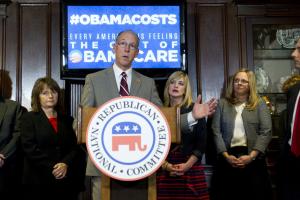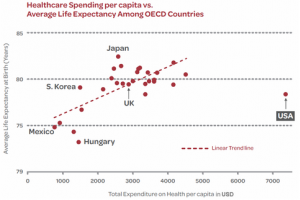Inside the Mysterious GOP Crusade to Defund Planned Parenthood—For One Year
Rewire
 Cutting off Planned Parenthood from Medicaid reimbursements really means cutting off Medicaid recipients from Planned Parenthood. Women should have the same rights as members of Congress, the right to choose the health-care provider that provides them high-quality, affordable care in their community.
Cutting off Planned Parenthood from Medicaid reimbursements really means cutting off Medicaid recipients from Planned Parenthood. Women should have the same rights as members of Congress, the right to choose the health-care provider that provides them high-quality, affordable care in their community.









Spread the word